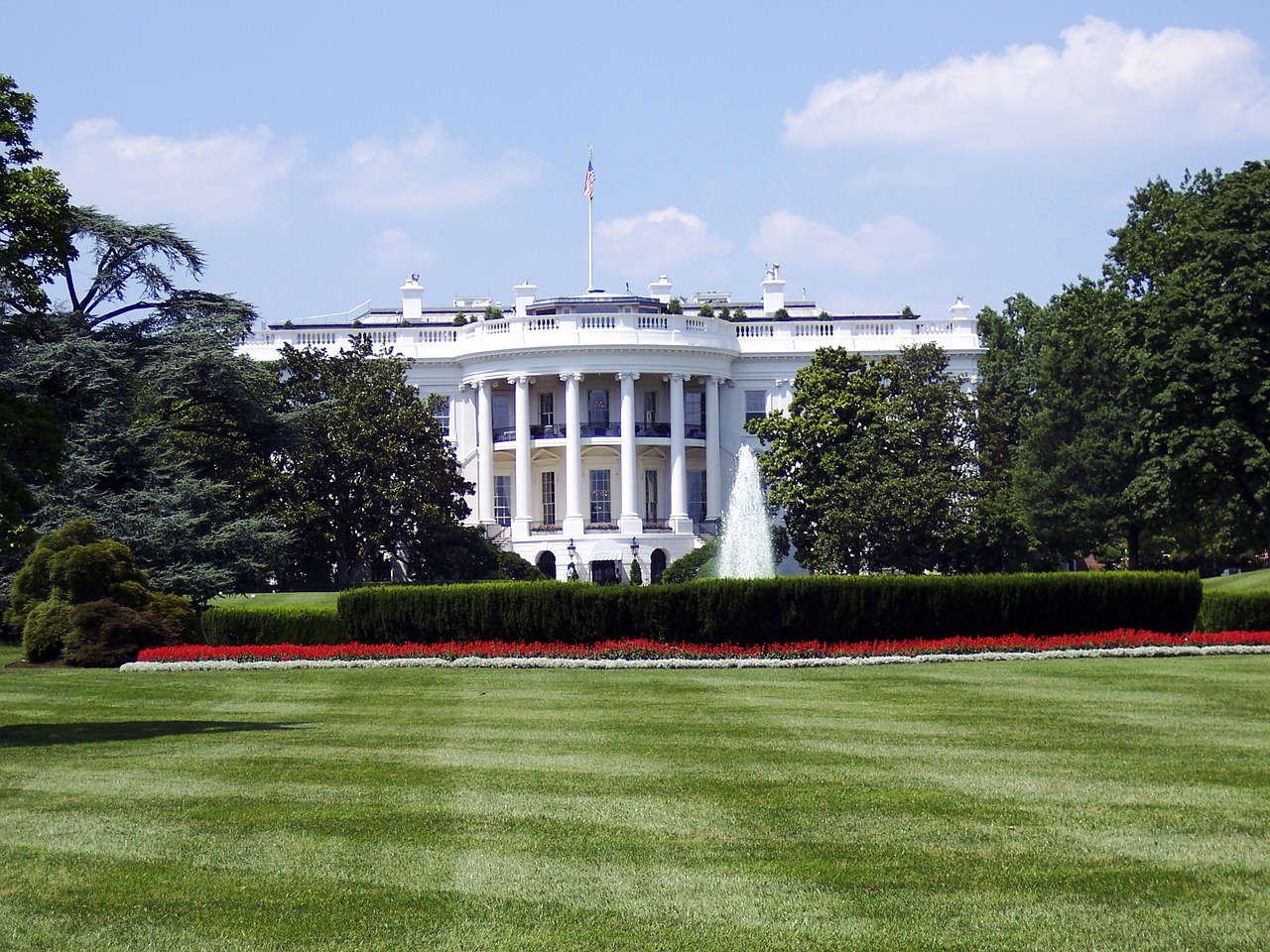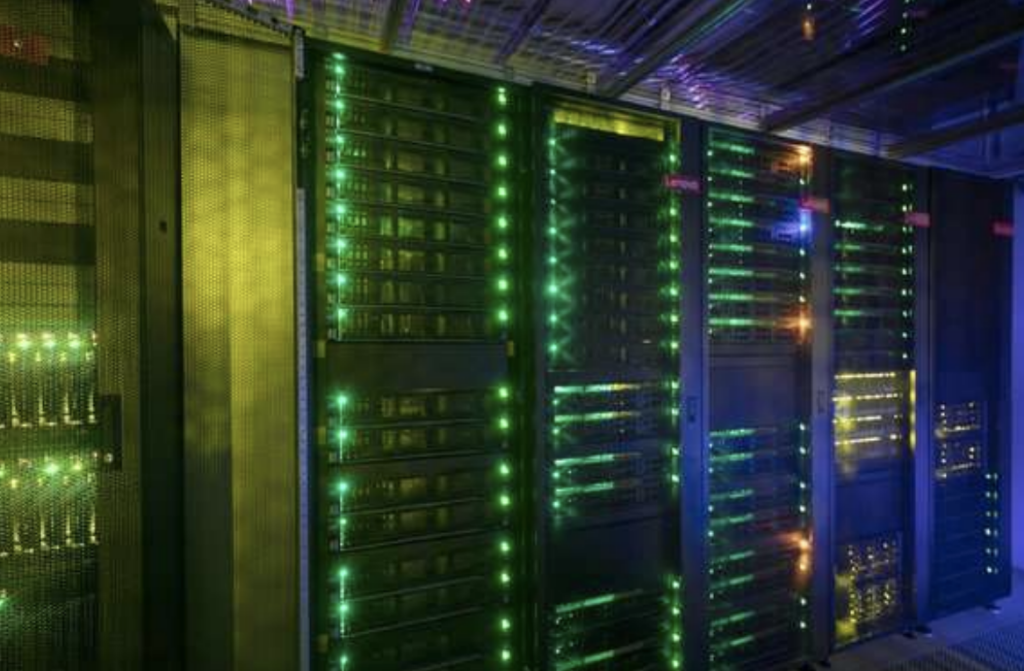Insider Brief
- QuSecure participated and contributed to a key White House Quantum Security Roundtable discussion.
- The roundtable discussion considered and helped influence the impact from quantum computing on information security.
- QuSecure offered its experience in creating and implementing PQC solutions in both enterprise and government environments.
PRESS RELEASE — QuSecure™, Inc., a leader in post-quantum cryptography (PQC), announced it participated and contributed to a key White House Quantum Security Roundtable discussion to consider and help influence the impact from quantum computing on information security. QuSecure offered its unique, customer-driven experience in creating and implementing PQC solutions in both enterprise and government environments to the White House’s discussion around the looming post-quantum cybersecurity threat.
“The event was a success and I congratulate the government for collaborating with industry on attempting to address an existential threat,” said Aaron Moore, QuSecure EVP of Engineering. “We know that nation states are currently harvesting exabytes of encrypted data that are vulnerable to decryption once a cryptographically relevant quantum computer (CRQC) comes online. The exposure and exploitation of this information and the surprise it creates will be equivalent to what will be in essence the world’s greatest recorded ambush.”
During the Jan. 26 PQC Migration Roundtable, organized by the Office of the President of the United States and the White House, it was stated that “confidentiality of ephemeral sessions (e.g. TLS) should be the highest priority due to the relative ease of the transition and the threat of store-now-decrypt-later.”
Moore also added: “What we need is immediate action. We should incorporate the current PQC algorithms into our systems now by overlaying them on our current cryptographic modules. At worst we have the same level of security that we have today, and at best we become quantum–resilient and begin to future proof our national security.”

QuSecure recently won Small Business Innovation Research (SBIR) awards from the U.S. Air Force and the U.S. Army, reinforcing its commitment to work with the federal government. These are examples of QuSecure’s leadership and innovation in PQC, a testament to the necessary collaboration between the federal and private sector to quickly and efficiently develop solutions to protect against the emerging threats from AI and quantum computing. This collaboration has been echoed by QuSecure’s co-founder and Chief Product Officer Rebecca Krauthamer, who is a member of the World Economic Forum (WEF) Global Futures Council on Quantum. While at the World Economic Forum in Davos earlier this month, Krauthamer said that QuSecure and “the Council help to set the Davos agenda, driving policy and change we collectively need to capitalize on the good while preventing the bad that technology acceleration can bring.”
QuSecure’s QuProtect software enables organizations to leverage quantum-resilient technology and is currently available to test and deploy, helping to prevent today’s cyberattacks, while future-proofing networks and preparing for quantum cyberthreats. It provides quantum-resilient cryptography, anytime, anywhere and on any device including network, cloud, IoT (Internet of Things), edge devices, and satellite communications. Using QuProtect, organizations can implement PQC on the network without removing existing encryption so installation is fast and risk is minimal. QuProtect software uses an end-to-end quantum-security-as-a-service architecture that addresses the digital ecosystem’s most vulnerable aspects, uniquely combining zero-trust, next-generation post-quantum cryptography, crypto agility, quantum-strength keys, high availability, easy deployment, and active defense into a comprehensive and interoperable cybersecurity suite. The end-to-end approach is designed to protect the entire information lifecycle as data is communicated, used and stored.
If you found this article to be informative, you can explore more current quantum news here, exclusives, interviews, and podcasts.




















